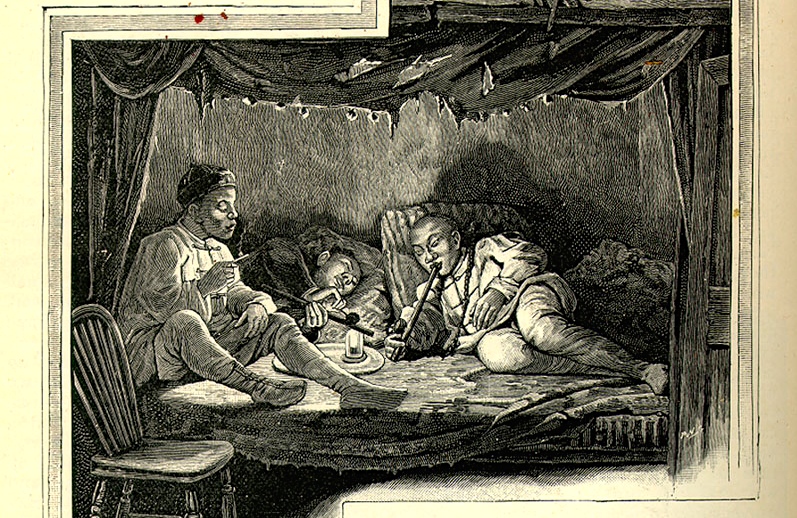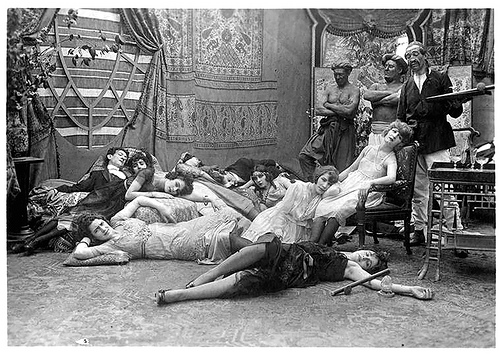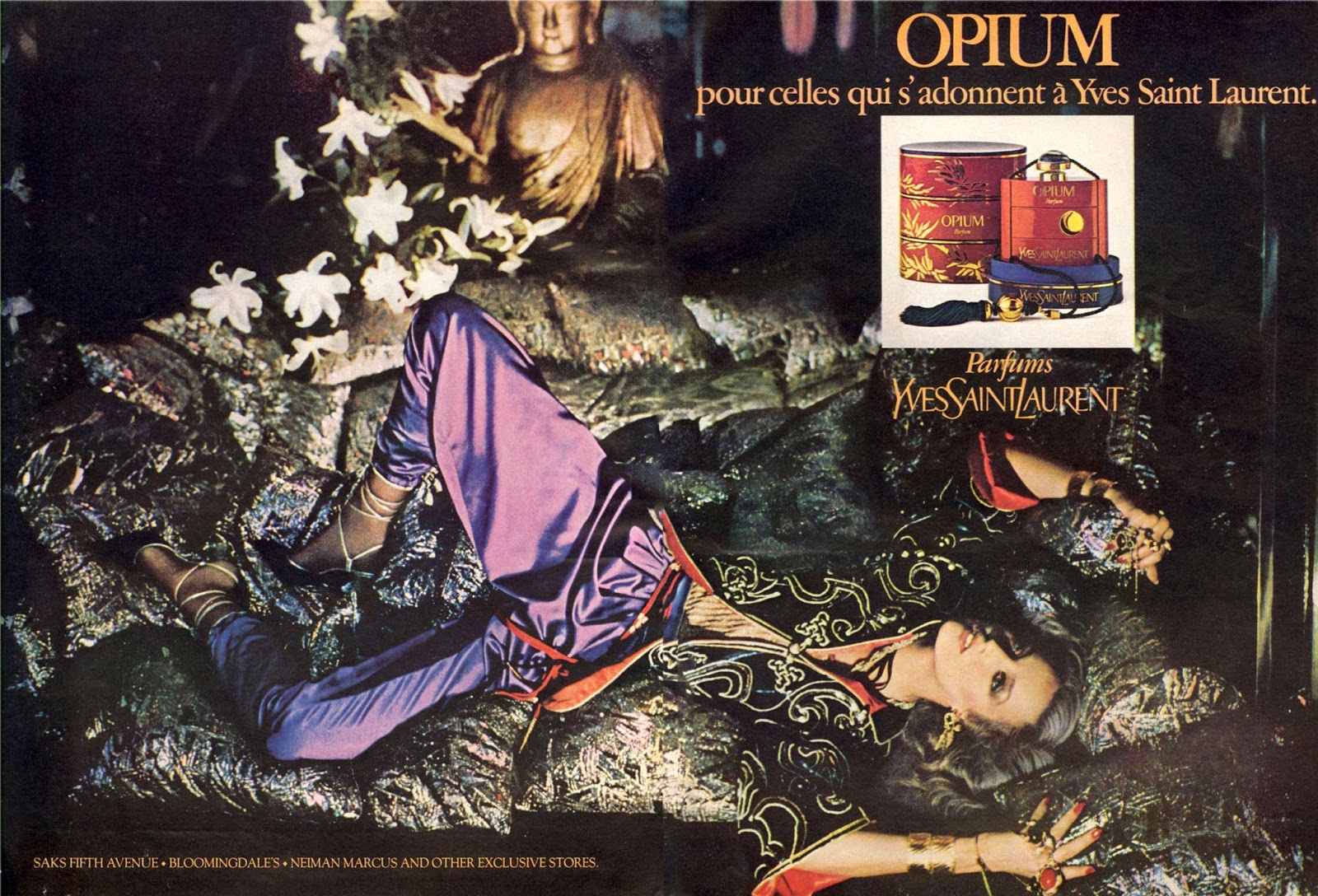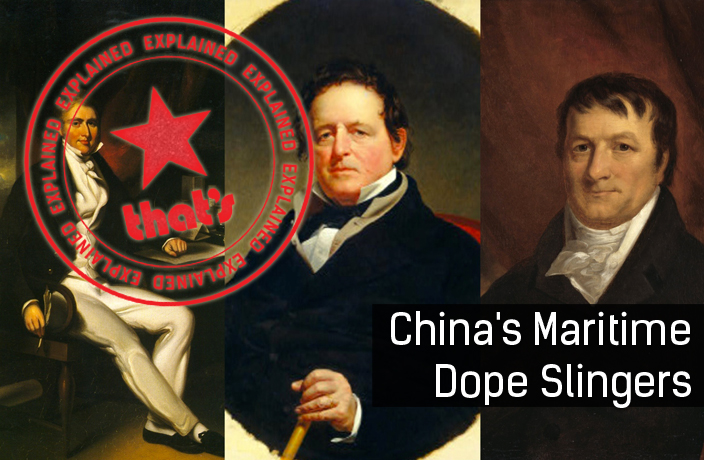The Explainer is where we explain an aspect of Chinese life. Simple. So now you know.
Last month, Shenzhen made headlines when several dozen foreigners received a month’s detention for testing positive for marijuana.
While most expats considered the crackdown – and treatment – particularly harsh, perhaps they weren't putting the situation into historical context.
China was once the ‘land of no consequences’ when it came to foreign drug dealers – a 19th century Silicon Valley of dope-slinging start-ups, where some of today’s most elite families trace their roots.
The first and second Opium Wars were a military-backed drug trafficking operation. Winston Churchill’s grandfather, Lord John Henry Spencer Churchill, was one of the first deployed in the affair and has been buried in Macau since 1840.
The reasons for the conflict were simple – drugs were lucrative and Great Britain had serious debt. Rather than push a harmful addiction locally, British officials decided the Chinese market seemed more opportune.
The French sent gunboats, while Indians did the dirty work of opium production. With the drug market open, China became a money faucet for American aristocrats, like Warren Delano – a senior partner in Russell and Company – whose fortune was inherited by his grandson, Franklin Delano Roosevelt – the 32nd president of the United States.

Predating the Opium Wars, John Jacob Astor became criminally rich by smuggling opium through a Guangzhou port in 1816. His great grandson, J. J. Astor IV, would sink on the Titanic a century later in 1912 (entitlement karma?).
James Grant Forbes, a Shanghai-born American, also spent a youthful career in the opium trade. After returning to the States, he attended Harvard University and practiced law for a few years in Boston, where his maternal grandson – US Secretary of State John (Forbes) Kerry – still lives today.
Foreign journalism, ironically, also played a role in China’s age-old grudge against drug peddling. The Canton Register, China’s first English-language newspaper, was published in Guangzhou by high profile opium trader William Jardine, co-founder of the Jardine-Matheson brand.
In the 1920s and 1930s, China’s drug culture gained cosmopolitan sexiness among Shanghai expats. Emily Hann, a correspondent for the New Yorker and Time magazine, was very candid about her opium habit and her romance with Chinese poet Zau Sinmay.

Yet while foreigners were largely responsible for promoting drug culture on the mainland, they would later be the ones to critique (and again, profit) from resulting stereotypes. In the 1980s, for example, Yves Saint Laurent released a line of ‘Opium' perfume. The company still promotes the fragrance today, and unveiled its latest Black Opium scent in September 2014.

China’s early drug moguls never looked over their shoulders for police, but today, even small-scale drug traffickers are caught in the crosshairs and become targets of public debate.
Akmal Shaikh, a British citizen who was sentenced in 2009 for smuggling over four kilograms of heroin into China, is a perfect example. In response to Shaikh’s attempt, the Chinese Embassy in the UK printed a statement claiming that China holds a “strong resentment” for foreign drug traffickers.
As recently as 2015, Paraguay’s Rosalia Amarilia was sentenced to death for smuggling three kilograms of cocaine into China in 2012.
When considered in light of China’s troubled history of foreigners endorsing an unwelcome drug culture, these modern cases (including the recent incident in Shenzhen) could be interpreted differently. China’s firm stance against drugs is a direct result of centuries of foreign exploitation.
Regardless of where one stands on the issue, however, it does help to understand the country's laws and local history – if only to evade distasteful detainment.
For more of The Explainer, click here.
[Images via NYU, The Pandora Society, Helmut Newton]






















0 User Comments